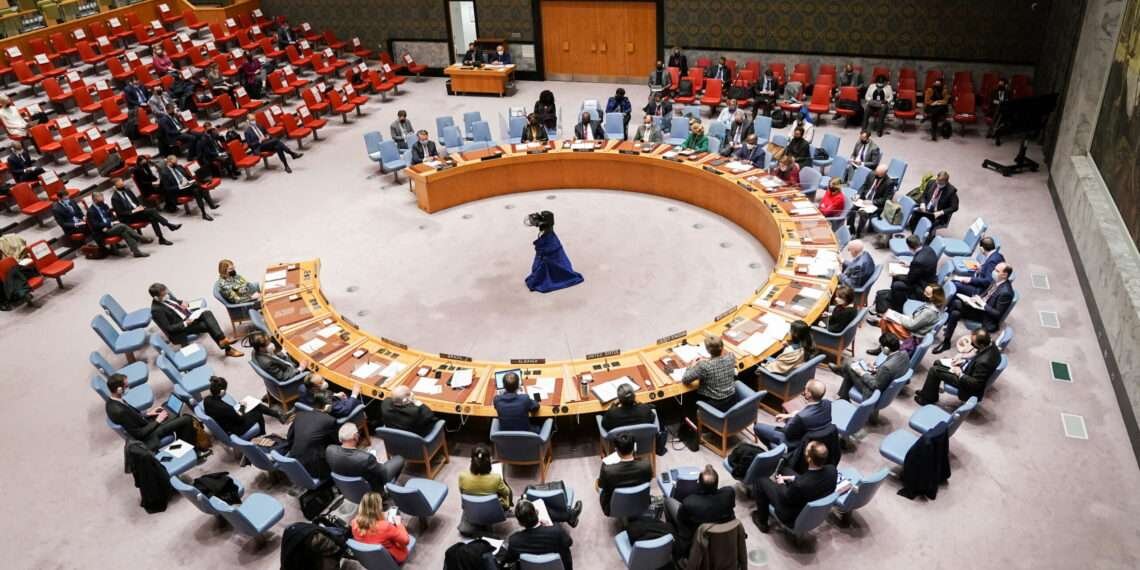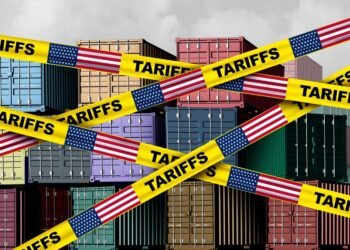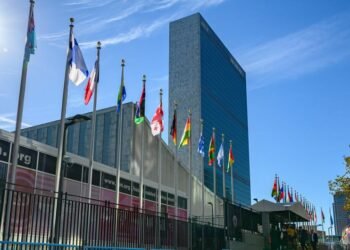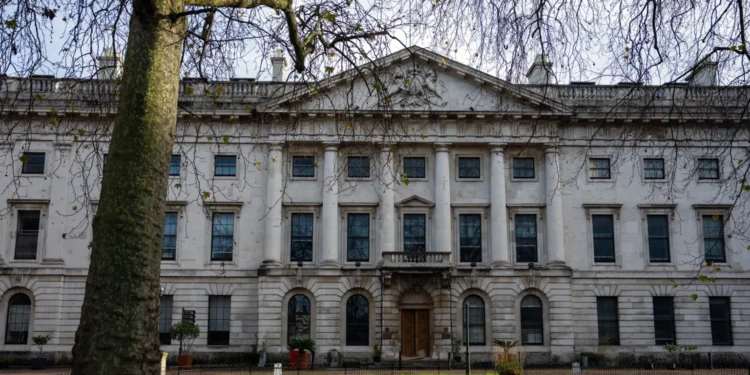The UN Security Council is preparing to vote on a resolution calling for a humanitarian cease-fire in Gaza during Ramadan.
However, the US cautioned that this move might impede negotiations to stop the conflict between Israel and Hamas.
The resolution, proposed by 10 council members, is supported by Russia and China.
This comes after they vetoed a US-sponsored resolution last Friday, which called for an immediate and sustained cease-fire in the Israel-Hamas war in Gaza.
The Arab Group consisting of 22 nations at the UN has urged all 15 council members to unite and vote for the resolution.
They emphasized the need to stop the bloodshed, save lives, and prevent further suffering and destruction.
“It is long past time for a cease-fire,” the Arab Group said. Ramadan began March 10 and ends April 9.
The council is expected to vote on the resolution Monday, March 25. The vote was earlier scheduled for Saturday morning, but it was delayed early Saturday, according to a UN diplomat.
Many members are hoping that the UN’s most powerful body, responsible for maintaining international peace and security, will demand an end to the war that began after Gaza’s Hamas rulers launched a surprise attack into southern Israel.
Since then, the Security Council has adopted two resolutions on the worsening humanitarian situation in Gaza, but none has called for a cease-fire.
More than 32,000 Palestinians in Gaza have been killed during the fighting, according to the Gaza Health Ministry.
The ministry’s count doesn’t distinguish between civilians and combatants but notes that women and children constitute two-thirds of the casualties.
A recent report from a global hunger authority warns that “famine is imminent” in northern Gaza.
It also highlighted that an escalation of the conflict could push “half of the territory’s 2.3 million people to the brink of starvation.”
The proposed resolution, scheduled for a vote on Monday, demands “an immediate humanitarian cease-fire for Ramadan,” with the aim of achieving “a permanent sustainable cease-fire.”
Additionally, it calls for “the immediate and unconditional release of all hostages” and emphasizes the critical need to “protect civilians and deliver humanitarian aid throughout the Gaza Strip.
Concerns Surrounding The Resolution
Ambassador Linda Thomas-Greenfield, representing the United States, addressed the council following Friday’s vote. She noted that the resolution’s current text “fails to support sensitive diplomacy in the region.” She also expressed concern that it could actually give Hamas an excuse to walk away from the deal on the table.
“We should not move forward with any resolution that jeopardizes the ongoing negotiations” being carried out by the United States, Qatar and Egypt, she said, warning that if diplomacy isn’t supported, “we may once again find this council deadlocked.”
“I truly hope that that does not come about,” Thomas-Greenfield said.
The US vetoed three resolutions demanding a cease-fire in Gaza, the most recent an Arab-backed measure. That measure was supported by 13 members with one abstention in a Feb. 20 vote.
Russia and China vetoed a US-sponsored resolution in late October calling for pauses in the fighting to deliver aid, the protection of civilians and a halt to arming Hamas. They said it did not reflect global calls for a cease-fire.
They again vetoed the US resolution on Friday, calling it ambiguous and saying it was not the direct demand to end the fighting that much of the world seeks.
A key issue was the unusual language that said the Security Council “determines the imperative of an immediate and sustained cease-fire.” The phrasing was not a straightforward “demand” or “call” to halt hostilities.
The vote in the Security Council marked another showdown among world powers embroiled in tense disputes elsewhere.
The United States faced criticism for not taking a tougher stance against its ally Israel, despite escalating tensions between the two countries.
READ ALSO: Eastern Region to Become a Research Hub- Alan Kyerematen






















